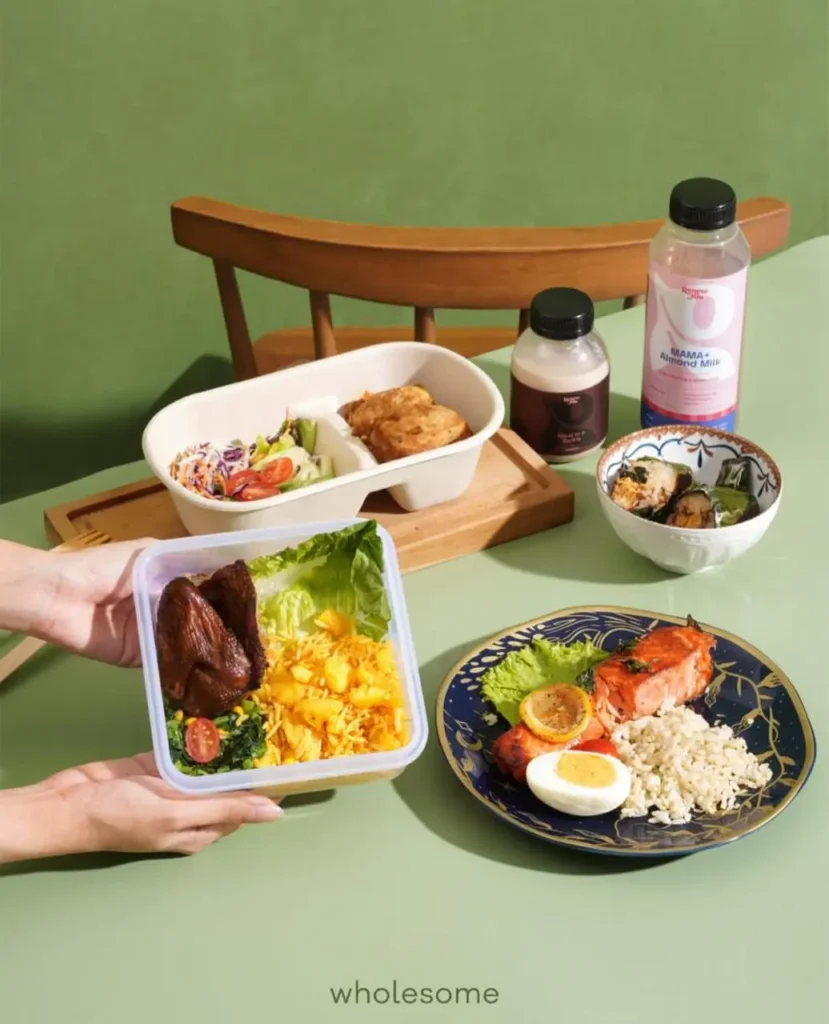Wholesome Meal Plan: How to Create a Full Week of Nutritious and Energizing Menus

Maintaining a healthy lifestyle is not only about exercising regularly but also about designing a balanced meal plan that fuels your body and mind. A well-curated wholesome meal plan allows you to enjoy delicious food while ensuring your body gets the nutrients it needs. With the right approach, you can prepare a full week of meals that support vitality, improve focus, and sustain long-term health.
In this article, we’ll explore how to build a 7-day wholesome meal plan, what principles to follow, and provide examples you can easily adopt.
Why a Wholesome Meal Plan Matters
A wholesome meal plan emphasizes natural, nutrient-dense, and minimally processed ingredients. It helps to:
- Stabilize blood sugar levels and prevent energy crashes.
- Provide essential macronutrients (protein, carbs, healthy fats) and micronutrients (vitamins, minerals).
- Reduce reliance on fast food or unhealthy snacks.
- Support digestive health through fiber-rich ingredients.
According to the Ministry of Health of Indonesia (Kemenkes), a balanced diet should include a diverse range of food groups: carbohydrates, proteins, vegetables, fruits, and healthy fats to prevent malnutrition and chronic diseases
Core Principles of a Wholesome Weekly Meal Plan
Before diving into a full 7-day plan, here are guiding principles to follow:
- Variety is key – Avoid eating the same dishes every day; rotate ingredients to cover different nutrients.
- Balance macronutrients – Ensure each meal contains lean protein, complex carbohydrates, and healthy fats.
- Prioritize whole foods – Choose brown rice over white rice, whole wheat bread instead of refined flour, and fresh produce over packaged goods.
- Hydration matters – Complement your meals with sufficient water, herbal teas, or infused water.
- Portion control – Even healthy foods can lead to excess calories if portions are too large.
7-Day Wholesome Meal Plan
Here’s a sample meal plan for one week that is both practical and nutritionally balanced:
Day 1
- Breakfast: Overnight oats with chia seeds, almond milk, and fresh strawberries.
- Lunch: Grilled salmon with quinoa and sautéed spinach.
- Dinner: Chicken stir-fry with brown rice and mixed vegetables.
- Snack: Carrot sticks with hummus.
Day 2
- Breakfast: Greek yogurt with honey, granola, and blueberries.
- Lunch: Lentil soup with whole grain bread.
- Dinner: Grilled tofu with roasted sweet potatoes and broccoli.
- Snack: Apple slices with peanut butter.
Day 3
- Breakfast: Smoothie with banana, spinach, protein powder, and oat milk.
- Lunch: Turkey sandwich on whole wheat bread with avocado and lettuce.
- Dinner: Baked chicken breast with mashed potatoes and green beans.
- Snack: Mixed nuts and dried fruit.
Day 4
- Breakfast: Scrambled eggs with whole grain toast and sliced tomatoes.
- Lunch: Grilled shrimp with brown rice and cucumber salad.
- Dinner: Lentil curry with steamed basmati rice.
- Snack: A handful of sunflower seeds.
Day 5
- Breakfast: Smoothie bowl with kiwi, granola, and pumpkin seeds.
- Lunch: Grilled chicken Caesar salad with homemade dressing.
- Dinner: Stir-fried beef with bok choy and soba noodles.
- Snack: Edamame beans with sea salt.
Day 6
- Breakfast: Banana pancakes made with oats and served with almond butter.
- Lunch: Chickpea salad with olive oil and lemon dressing.
- Dinner: Grilled fish with roasted vegetables and couscous.
- Snack: A handful of grapes.
Day 7
- Breakfast: Avocado toast on whole grain bread with poached eggs.
- Lunch: Vegetable wrap with hummus, cucumber, and bell peppers.
- Dinner: Baked salmon with wild rice and asparagus.
- Snack: Dark chocolate with walnuts.

